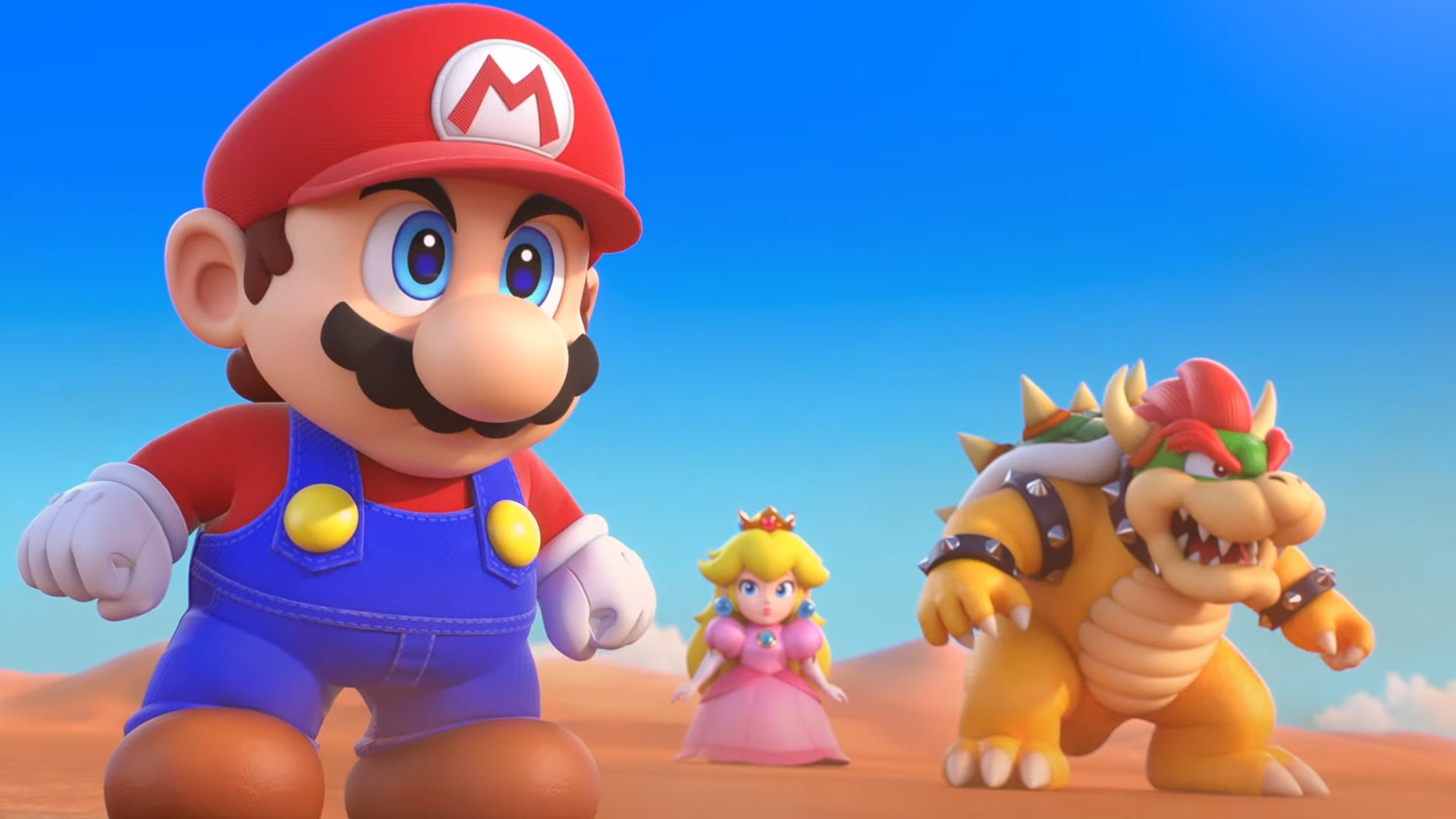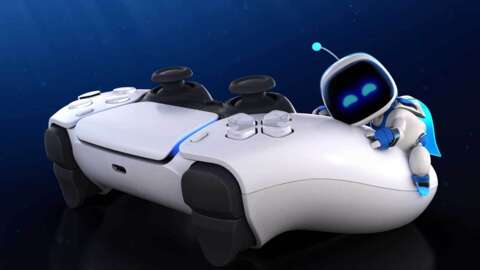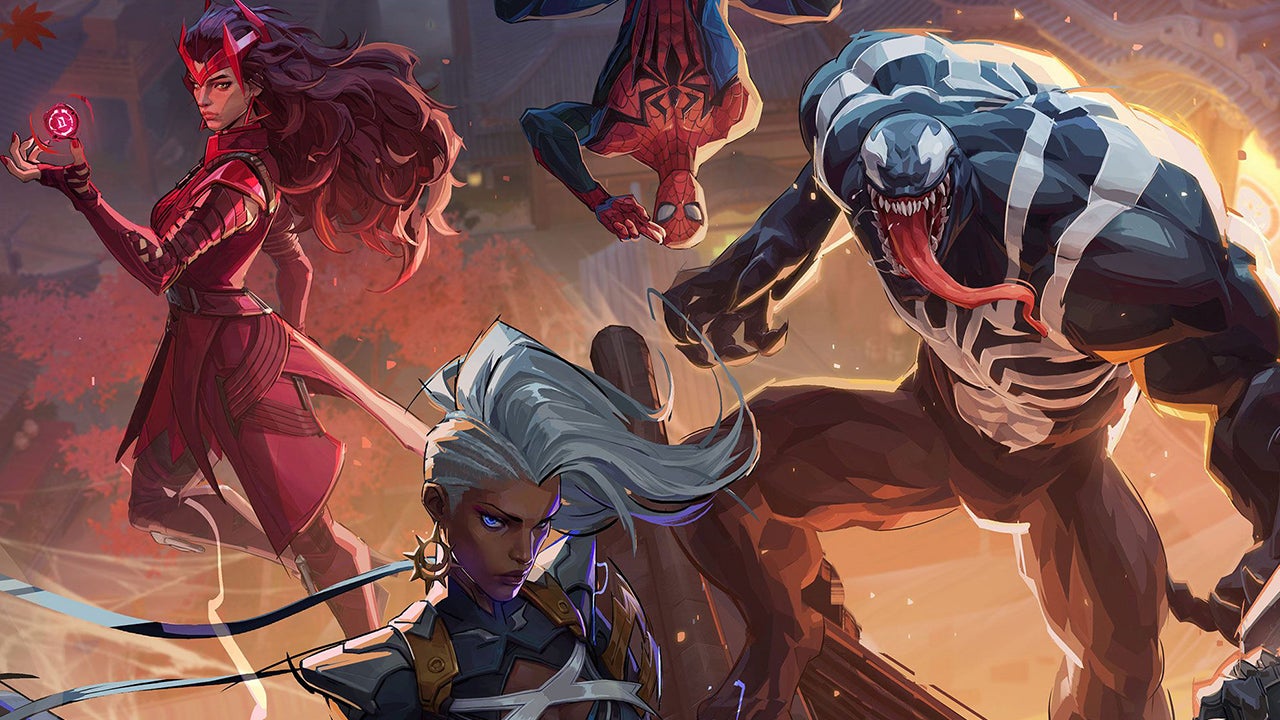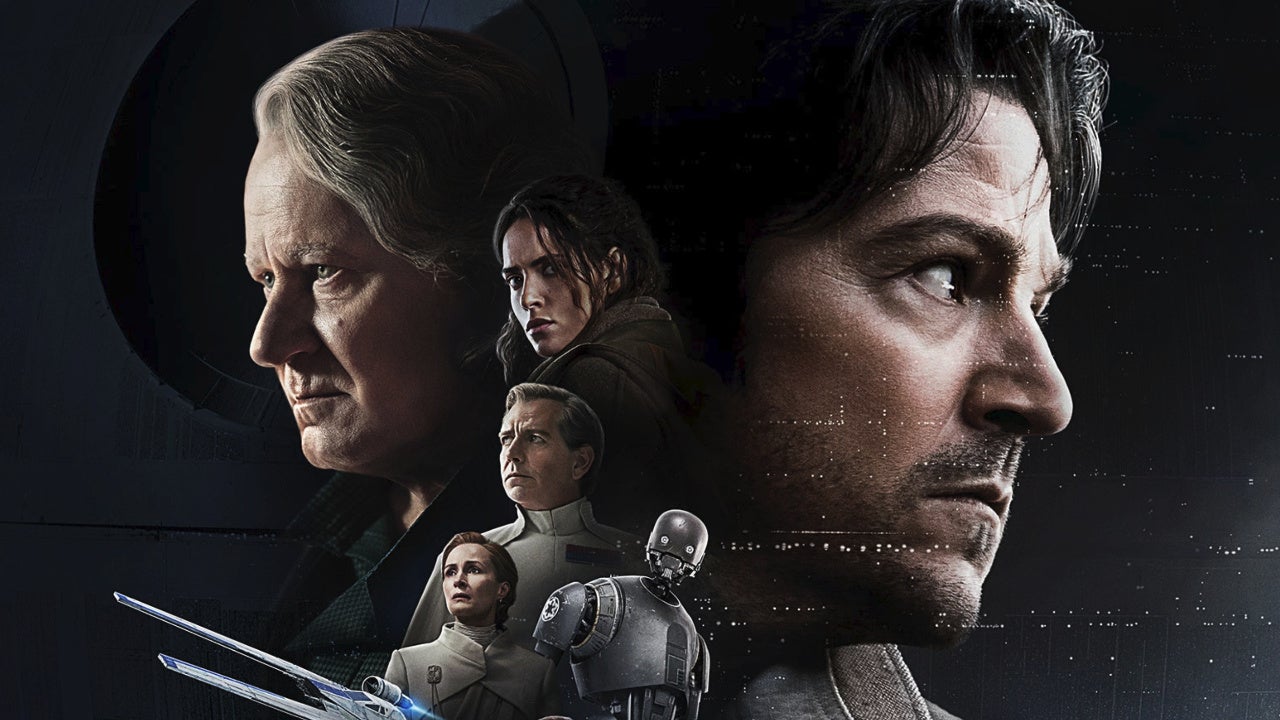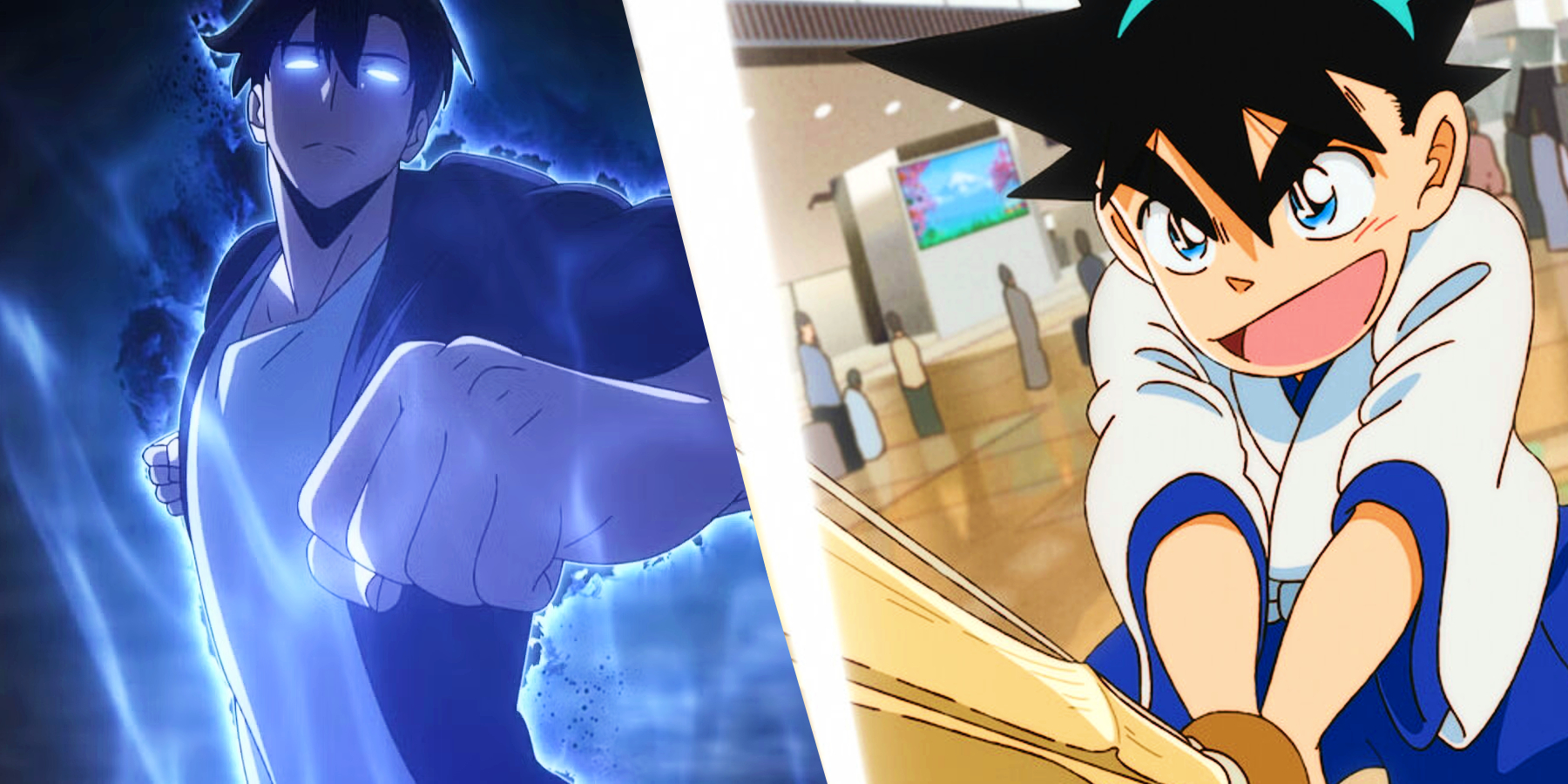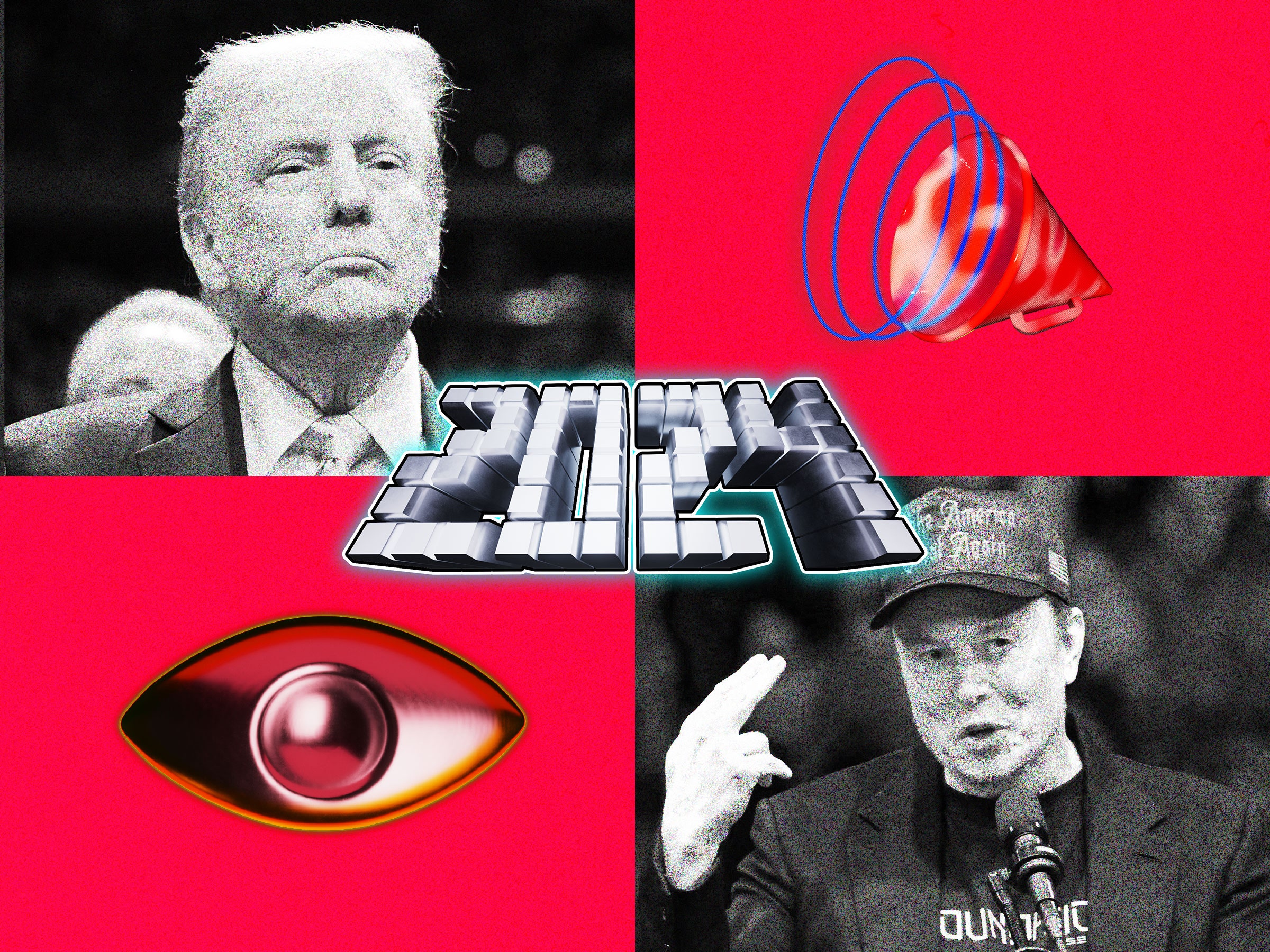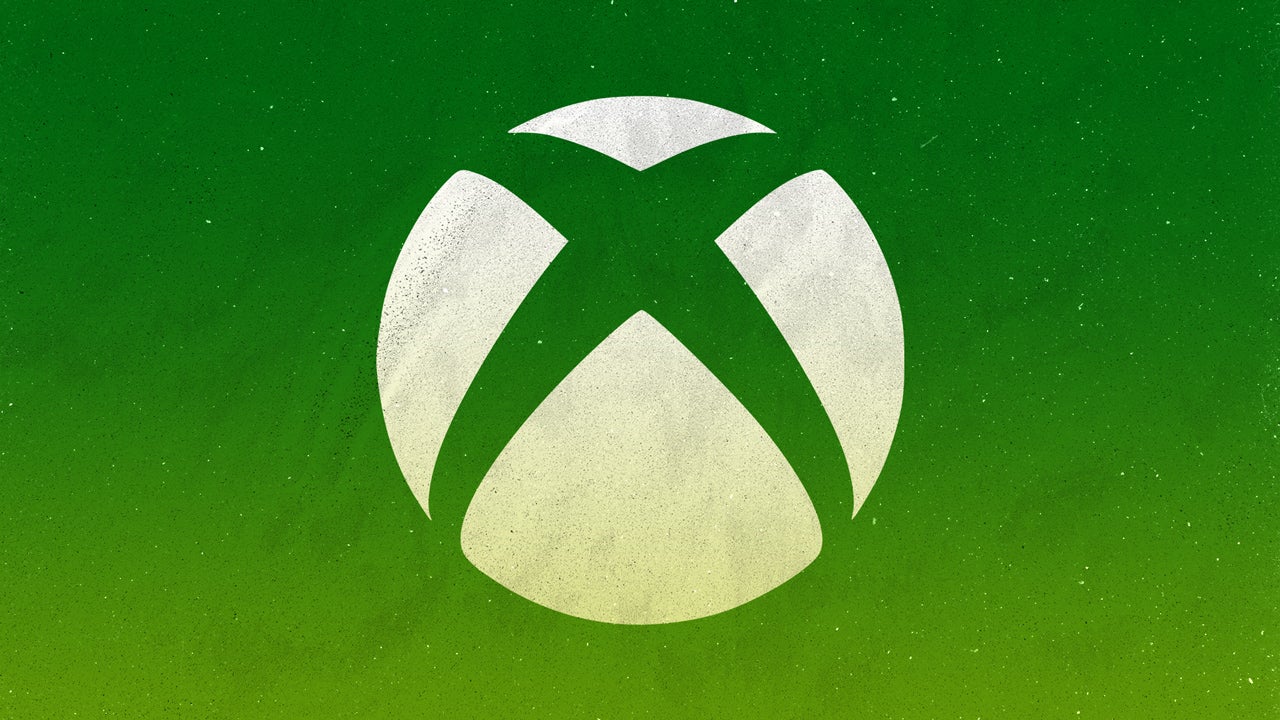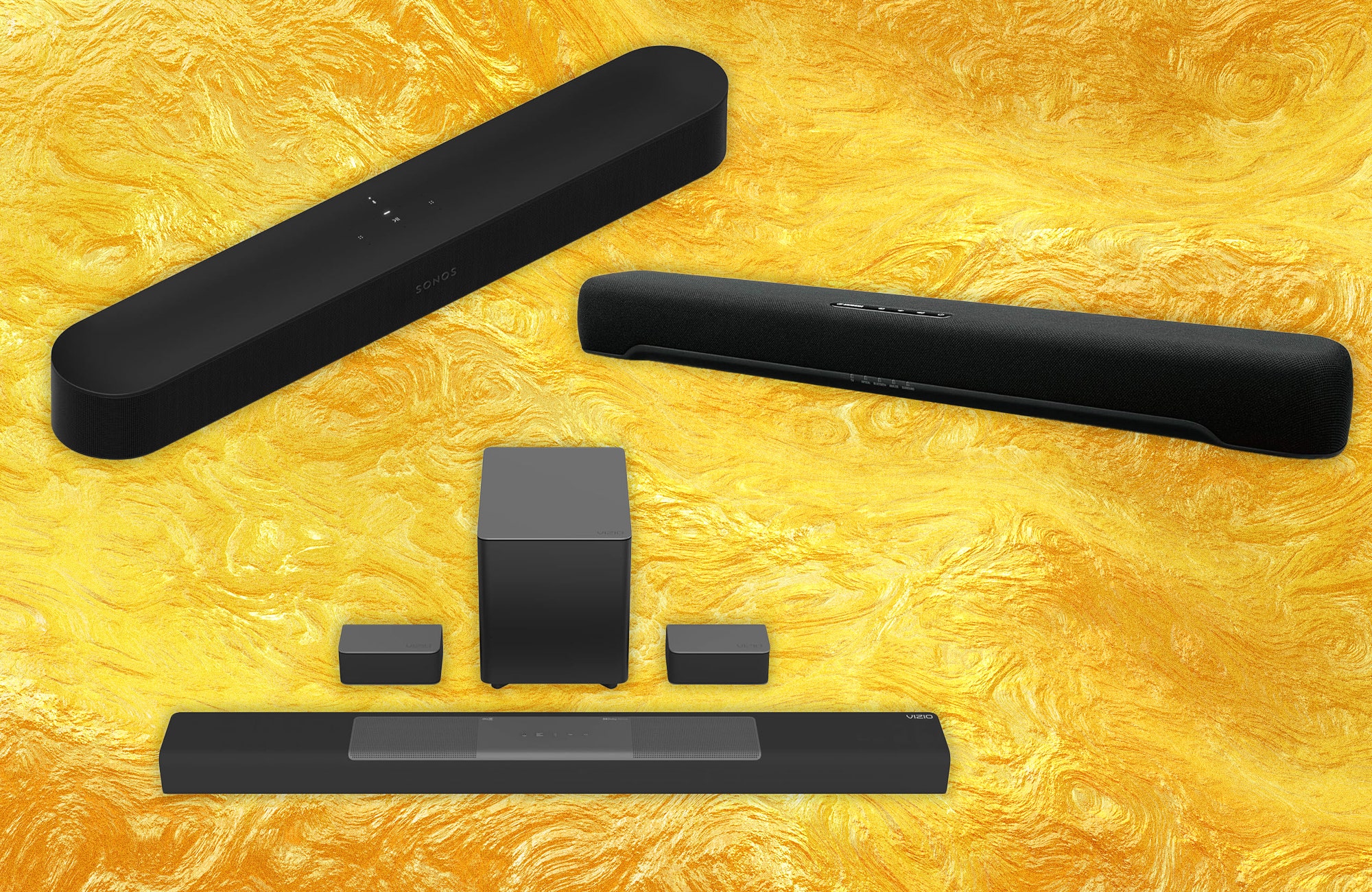Nintendo is famously litigious when it comes to emulators. In March 2024, developers of Nintendo Switch emulator Yuzu were ordered to pay $2.4 million in damages after a court settlement with Nintendo. In October 2024, Switch emulator Ryujinx ceased development following “contact from Nintendo.” In 2023, the developers behind Dolphin, an emulator for Gamecube and Wii, were advised against a full Steam release by lawyers at Valve, who were contacted by Nintendo’s lawyers alongside “strong legal wording.”
Perhaps most famously, in 2023 Gary Bowser, a reseller of Team Xecuter products that allowed users to bypass the Nintendo Switch’s anti-piracy measures, was charged with fraud and ordered to pay $14.5m back to Nintendo, a debt he will repay for life.
Now, a patent lawyer representing Nintendo has lifted the lid on the company’s approach to piracy and emulation, and discussed how the propagation of emulators could lead to software piracy.
In a report from Denfaminicogamer (via VGC) at Tokyo eSports Festa 2025, “Intellectual Property Managers” from Capcom, Sega, and Nintendo gathered to discuss the laws designed to protect companies’ intellectual property. Speaking for Nintendo was a patent attorney and Assistant Manager of the Intellectual Property Division, Koji Nishiura. In a translation by Automaton, he explained:
“To begin with, are emulators illegal or not? This is a point often debated. While you can’t immediately claim that an emulator is illegal in itself, it can become illegal depending on how it’s used.”
Nishiura explained further that if an emulator copies a program from the game it is running, it may constitute copyright infringement, and this is also the case if the emulator can disable a console’s security mechanisms.
This is largely down to Japan’s “Unfair Competition Prevention Act,” or UCPA, which is only enforceable in Japan itself. This makes it more difficult for Nintendo to pursue legal action overseas.
The example given in a slide during the Tokyo eSports Festa talk was the Nintendo DS “R4” card, which allowed users of the cartridge to circumvent and run backed-up or pirated versions of games on a single cartridge. Ultimately, after Nintendo and 50 other software manufacturers cried out about the R4, Nintendo won a ruling that the manufacturers and resellers violated the UCPA, effectively outlawing sales of the R4 in 2009.
Nishiura further explained that tools that allow users to download pirated software within an emulator or piece of software would also constitute copyright law infringement. Named “reach apps” in Japanese law, these third-party tools like the 3DS’s infamous “Freeshop,” or third-party app installer “Tinfoil” for Switch, may also violate copyright laws.
In its Yuzu lawsuit, Nintendo claimed that The Legend of Zelda: Tears of the Kingdom was pirated one million times. Specifically, the filing claimed that Yuzu's Patreon page allowed its developers to earn $30,000 per month by providing subscribers with "daily updates," "early access," and "special unreleased features" to games like Tears of the Kingdom.
Sayem is a freelancer based in the UK, covering tech and hardware. You can get in touch with him at @sayem.zone on Bluesky.
